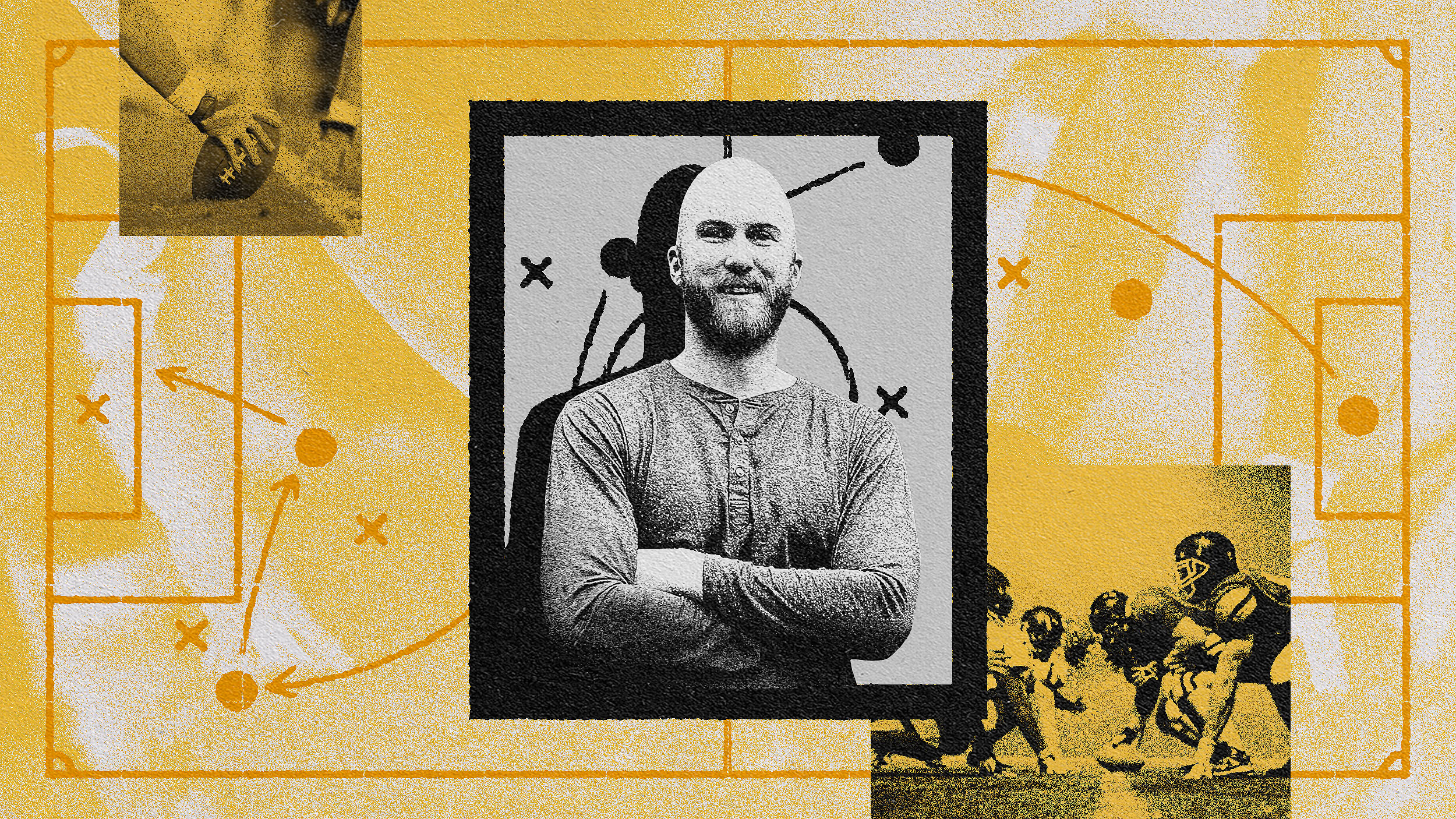This video is part of Z 17 Collective’s Future of Learning series, which asks education thought leaders what learning can and should look like in the midst and wake of the coronavirus pandemic.
BENA KALLICK: My instinct says basically that there's no question higher education is going to have to change so I guess just as a bottom line I would say things are going to change. However, I think that it's a kind of complementary set of changes and that's one of the things that I think we have to keep remembering. K-12 has to change in order for higher education to change, and vice versa, in other words if K-12 became a stronger more meaningful place for kids to be engaged with learning, and if they were leaving high school feeling like they weren't certified to take a job here, there or other where, but to actually be certified as human beings who are good at learning, who know enough about themselves to know what interests them and how to step out of K-12 and walk into a world of options. Right now all I hear from everybody is college and career readiness, and then what does that really mean? Why are we trying to get them ready for college? Why aren't we getting them ready for life in which college may play a role? So, I feel like this whole conception of more and more education rather than trying to think about what K-12 can meaningfully do, and for many of us who are working like this we do something that we call the "profile of a graduate." And what we mean by that is imagine if these kids leave school how would you like them to be? And then work backwards from that to ask, are you really delivering that and making that a possibility?
That's the K-12 picture. Then from the higher education picture I would say that then there have to be more options. It can't be that one is better than the other. If you need to go to community college it's because it's better for you at this moment for what it has to offer. I think we tend to denigrate some options because we feel they're lesser, rather than actually optimizing each of the options for what's the right place for you. And what I see right now is, for example, general assembly doing a great job of offering all kinds of certifications. You don't need to go to college. Maybe that's not where you should go. You don't need to go to community college. Maybe that's not right, but maybe a certification program. Especially if you're strapped for dollars, why get into a loan situation when you might just commit to learning something that will get you a job where you can then take some of your pay to give it back in order to cover your costs? We're always getting ready for something instead of actually living some of it.
So, one of the things that I'm doing with a group in Brazil right now is we're actually trying to redefine what would a university program look like if it were actually different? So here is the dream, which I believe we'll do some of for sure. And that is that we'll start by having more interdisciplinary work. In other words, this university concept would say you're not getting a master's in business, you're not getting a master's in education, you're not getting a master's in any of these things, you're really getting a master's, or should we say even if it's an undergraduate it's more likely even than that degree in learning, in learning how to learn, in learning how to be yourself in these situations. And we're using, as the backbone of this, the habits of mind. And the habits of mind, in case you don't know them, are there are 16 that Art Costa and I developed, but anyway just to make reference to a few so we're saying no matter what you do, communication skills are going to be critical. So, are you learning how to listen with understanding and empathy? That's a habit of mind. Are you learning how to raise questions and pose problems? That's a habit of mind. Are you learning how to manage your impulsivity? That's a habit of mind. So, in other words, of these 16, we're saying they go across any place where you're working, where you're trying to become a continuous learner, which is a habit of mind, because you want to remain open to continuous learning. No one strategy and no one path is going to be successful enough to keep you occupied for your life so how do we make sure that we're cross-referencing?
So that's the first thing. The second thing that we're doing is we're looking at if we have people in these multiple fields then how would they be able to actually be in a workplace that is, for example, a school versus a bank? And we're saying have those common experiences, and most of them I think we're thinking entirely of online, most of them would be let's say online learning, but then your field-based experience is part of your certification, it's part of where you're going to do the learning. So, take some expertise at the online level and everyone taking these classes would also be in a field-based experience. So, the combination if we get to it is field-based and mentoring and coaching combined with a certain amount of expertise, expertise in terms of thinking skills, expertise in terms of communication skills, expertise in terms of problem-solving skills that you then keep applying back into your field-based work. And we believe that this would really help people to be more successful in a world in which they're learning in one field but they may find the transfers into many different ones as they move through their lives.





